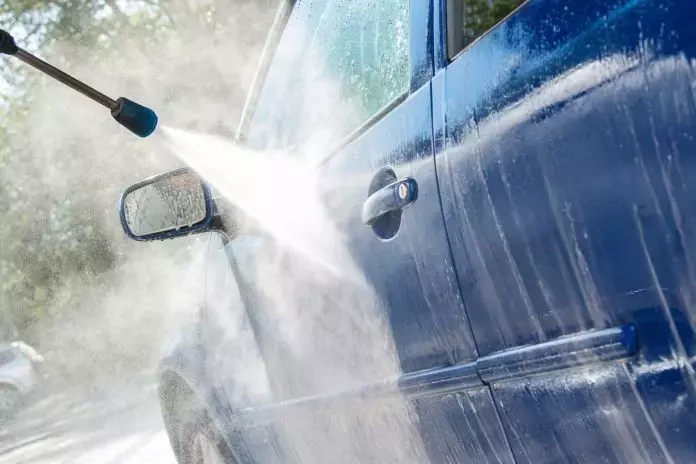As cities across the Rio Grande Valley grapple with the challenges of water scarcity, the regulation of commercial car washes has become a pressing issue. McAllen, the latest municipality to address this concern, has unanimously approved new guidelines that aim to strike a balance between accommodating business growth and preserving precious water resources.
Driving Towards a Sustainable Future: McAllen's Car Wash Regulations
Establishing Distance Limits: Pushing Boundaries for New Developments
The new regulations in McAllen will require future commercial car washes to be at least half a mile apart from their nearest competitors. Additionally, these new facilities must be situated at least 150 feet away from residential zones. This strategic zoning approach effectively limits the establishment of car washes in the heart of the city, directing them towards the northern and southern peripheries. By creating these distance parameters, McAllen is proactively addressing the potential for oversaturation and ensuring a more balanced distribution of these water-intensive businesses.Aligning with a Unified Development Code: Integrating Comprehensive Planning
The car wash regulations in McAllen are part of a broader initiative to implement a Unified Development Code (UDC), a comprehensive framework that governs various aspects of land use and urban planning. This holistic approach allows the city to address the car wash issue within the context of its overall development strategy, ensuring that the new guidelines are seamlessly integrated with other zoning and infrastructure considerations.Lessons from Neighboring Cities: Adapting to Regional Differences
McAllen's approach to car wash regulations stands in contrast to the strategies adopted by its neighboring cities, Brownsville and Edinburg. While those municipalities have implemented more expansive radius-based restrictions, McAllen's narrower east-west footprint necessitated a different solution. By opting for a half-mile distance requirement, the city has found a middle ground that balances the need for growth with the imperative of water conservation.Existing Facilities and Future Developments: Navigating the Transition
The new regulations in McAllen will not apply to the city's existing 36 commercial car washes, nor to the two developments currently in the pipeline. This grandfathering approach ensures a smooth transition, allowing the established businesses to continue operations while setting the stage for more sustainable growth in the future.Addressing Water Scarcity: A Shared Responsibility
The driving force behind the car wash regulations in McAllen, as well as in Brownsville and Edinburg, is the ongoing concern over water scarcity in the region. While existing McAllen car washes are already required to use water recycling systems, the new guidelines in these cities represent a collective effort to mitigate the strain on precious water resources.The Evolving Landscape: Anticipating Future Trends
The car wash regulations in McAllen are not the end of the story. As the "car wash capital of the Valley," Harlingen is now revisiting the idea of imposing similar restrictions, signaling a broader regional trend towards more proactive management of this industry. As cities continue to grapple with the challenges of water scarcity, the regulation of commercial car washes is likely to remain a pressing issue, requiring ongoing collaboration and innovative solutions.You May Like

